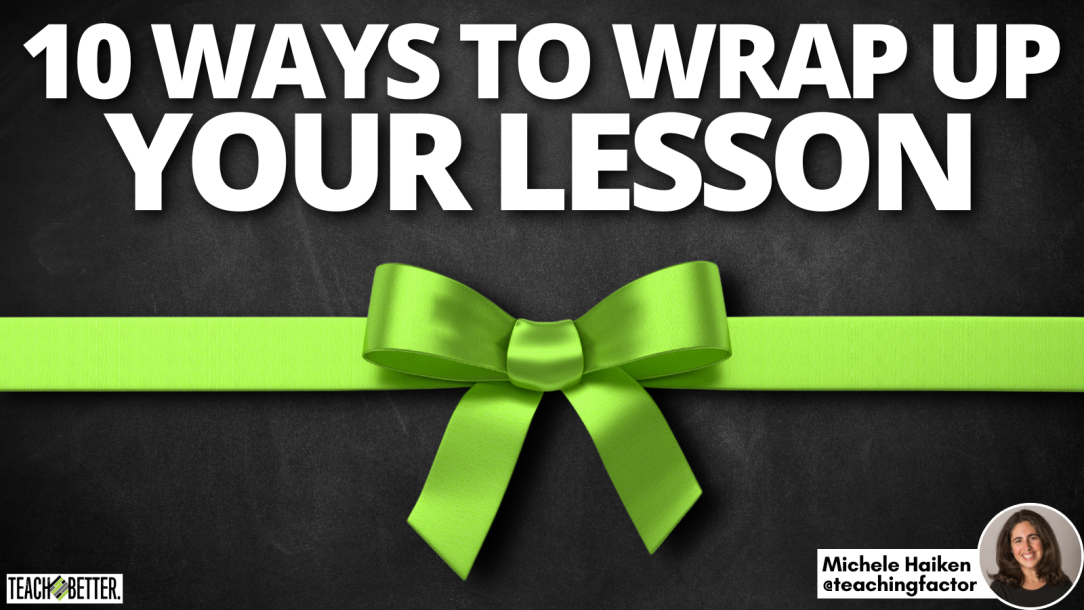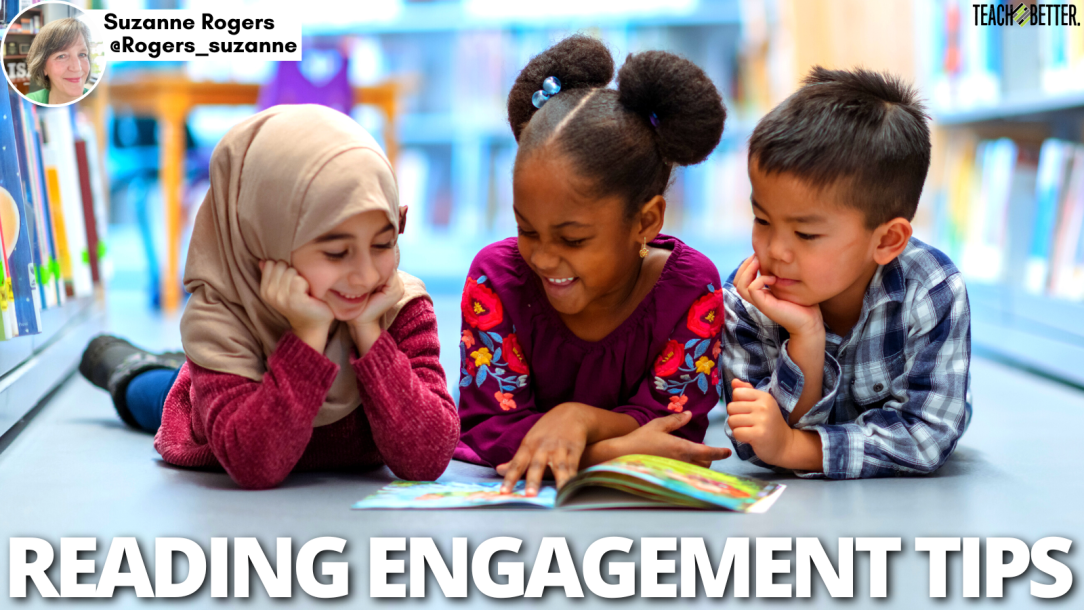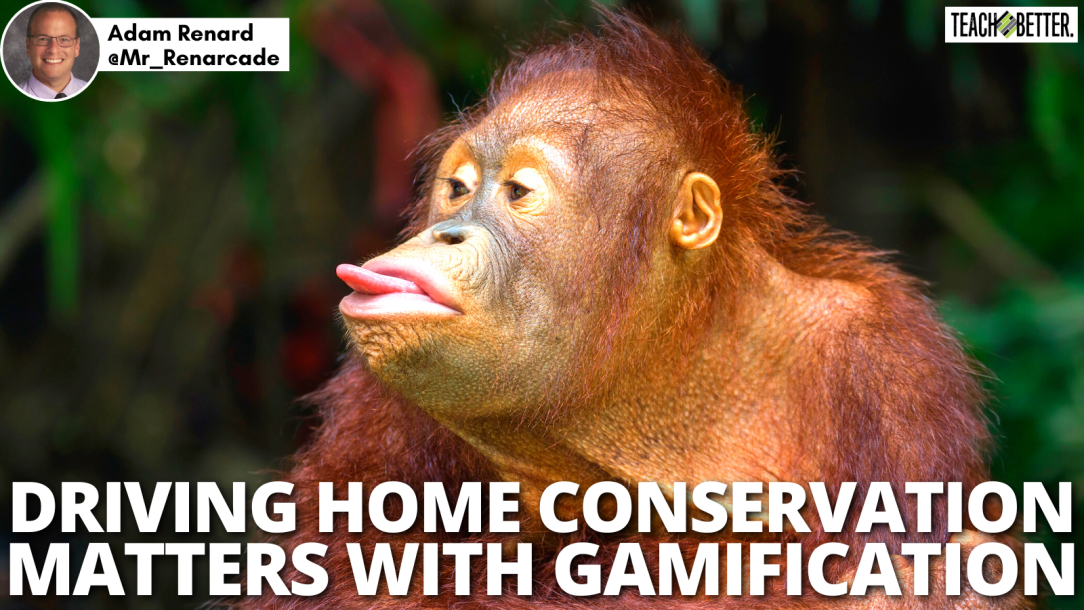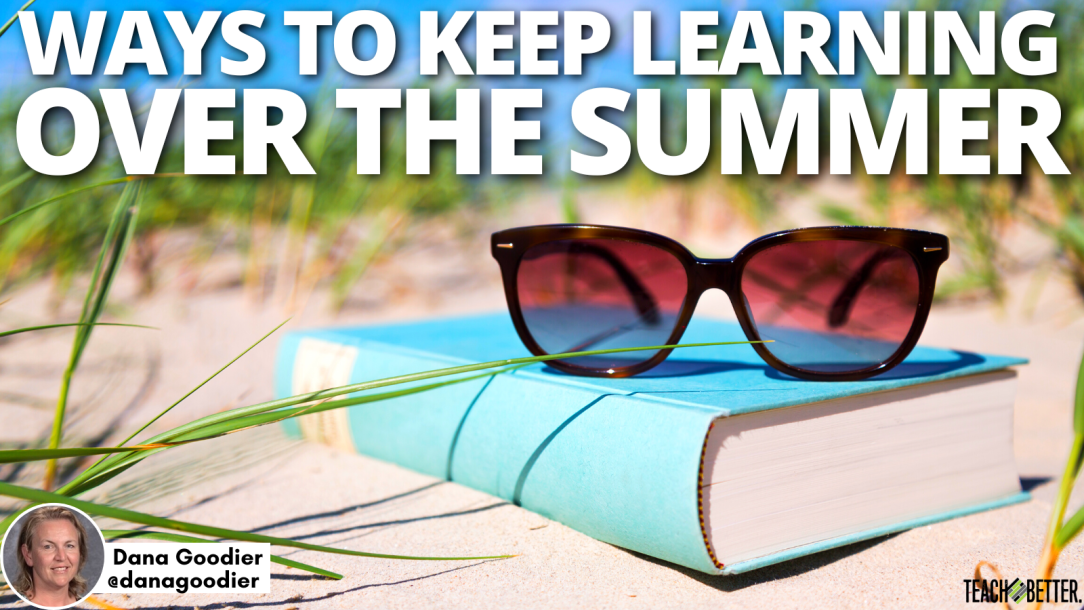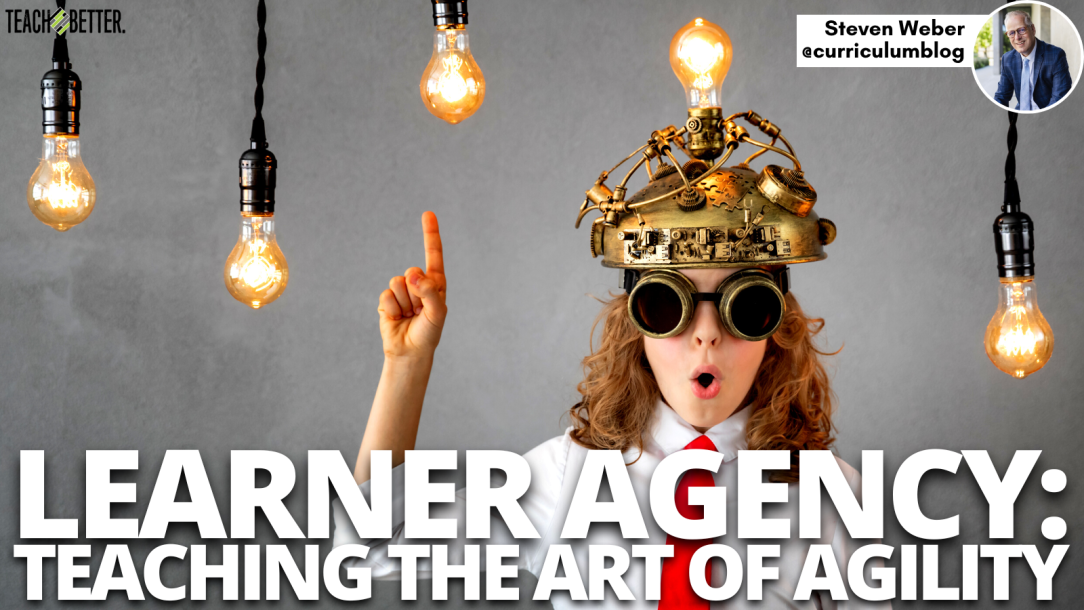TL;DR: Teachers should gather students for reflection and check understanding in the last few minutes of class to ensure everyone met the objective and address any confusion. Ten favorite ways to wrap up a lesson include exit tickets, 3-2-1 summaries, sentence-phrase-word reflections, stop and jot activities, captioning visuals, AEIOU reflections, rock-paper-scissors reflections, What’s In the Cards reflection protocol, quiz games, … Read More
Reading Engagement Tips
TL;DR: Be a reading role model: Inspire and create a reading-friendly environment at home. Keep it fun: Let them choose books, create cozy reading spaces, and make reading an enjoyable experience. Talk about what they’re reading: Encourage discussions and book-related conversations to enrich their experience. Give them a chance to read aloud: Foster their reading skills and let their passions … Read More
Driving Home Conservation Matters with Gamification
TL;DR: Gamification can increase student engagement in learning by incorporating game mechanics into educational activities. By aligning key content with the core drives of gamification, educators can create meaningful lessons that connect to difficult topics such as conservation. A practical example is using a game to teach students about the impact of habitat loss on orangutans and biodiversity, where students … Read More
Ways to Keep Learning Over the Summer
TL;DR: Summer is a great time for professional development. There are so many different ways to continue learning. Find what works best for you. Every summer gives you the opportunity to rest, relax, and recharge. However, you may be like me and use several weeks of your summer for professional learning opportunities. This blog post will give you some ideas … Read More
Learner Agency: Teaching The Art of Agility
TL;DR: Learner agency empowers students through student voice, choice, innovation, and authentic tasks, allowing them to take ownership of their learning. Teachers can create opportunities for learner agency by implementing strategies such as project-based learning, arts education, communication, problem-solving, and reflection. Learner agency enables students to set goals, reflect on their progress, and transfer their understanding in new situations, developing … Read More

